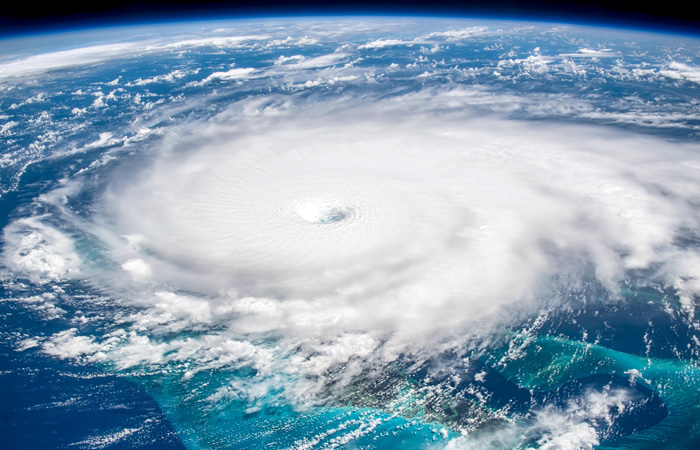Climate change is a very real threat to humankind’s existence as we know it, with warning signs galore. There are many distractions that interfere with our addressing climate change effectively.
Please note that what appears below is not meant to scare anyone, but to encourage people to pay attention and to take action. My concern is not for me as much as for my children, their children, and their worldwide neighbours.
One of the main effects of climate change is moisture extremes. So far, Manitoba has not been affected drastically by climate change, although we have had very dry and very wet years, with flooding in some areas. This has given us a taste of how fluctuations in moisture can affect us.
Having lived and worked in Bangladesh for several years, I am very aware of how millions of people struggling to survive at the best of times are very vulnerable to rises in sea level. Bangladesh is a flat low-lying country which is sometimes hit by tidal bores reaching 30 miles inland from the Bay of Bengal, killing hundreds of thousands of people. Rising sea levels due to climate change would make matters worse.
Mitigation is a commonly used word in the climate change discussion, along with the words “adaptation” and “resilience”. Mitigation in this context is defined as “reducing climate change.”
Little mitigation has happened in the 3 or 4 decades during which climate change has been identified as a threat. However, I am seeing significant hopeful signs of mitigation activity. In my opinion, the more we mitigate, the less we will need to adapt to life in a changing climate.
Canada, in concert with many other nations, has announced emissions reduction targets of 40 to 45% by 2030 and of 100% by 2050. I believe that we have got that right and I applaud the Canadian government for this important step. However, we are very slow in taking the necessary steps to achieve those targets.
As I have written before, Bill Gates in his book How to Avoid a Climate Disaster, The Solutions We Have and the Breakthroughs We Need, provides a clear-eyed and thorough view of how the world could reduce our net greenhouse gas (GHG) emissions to zero. He deals mainly with technological challenges.
The transition from the burning of fossil fuels to renewable energy and other energy sources will be a massive and difficult one, affecting many parts of our lives. Technological advances are essential. Reducing our energy consumption would be very helpful. An improved economic system would be wonderful (see Doughnut Economics, by Kate Raworth).
Both mitigation and adaptation require innovators, psychologists, sociologists, organizers, researchers, big thinkers and leaders. There is a significant role for people of faith to provide support, courage and hope in near-time calamities and hardships, and in future destinies.
Distractions include inflation, rising gasoline and food prices, epidemics, wealth inequality, lies at a national level, racism, gun violence, poverty, war in Ukraine, refugees and asylum seekers. It is very easy to get caught up in these and to miss the most important challenge, climate change.
Many in the above list are real and urgent issues which need to be addressed. Unfortunately, lies at a national level exist not far from us and also on the other side of the world. Dealing with these lies wastes enormous amounts of time, energy, and lives.
We can all learn more, and encourage and support more. We can continue to hope and love. We can continue to enjoy our beautiful world. We can all find our piece in respecting and rebalancing our planet. We can be happy working on that piece.




